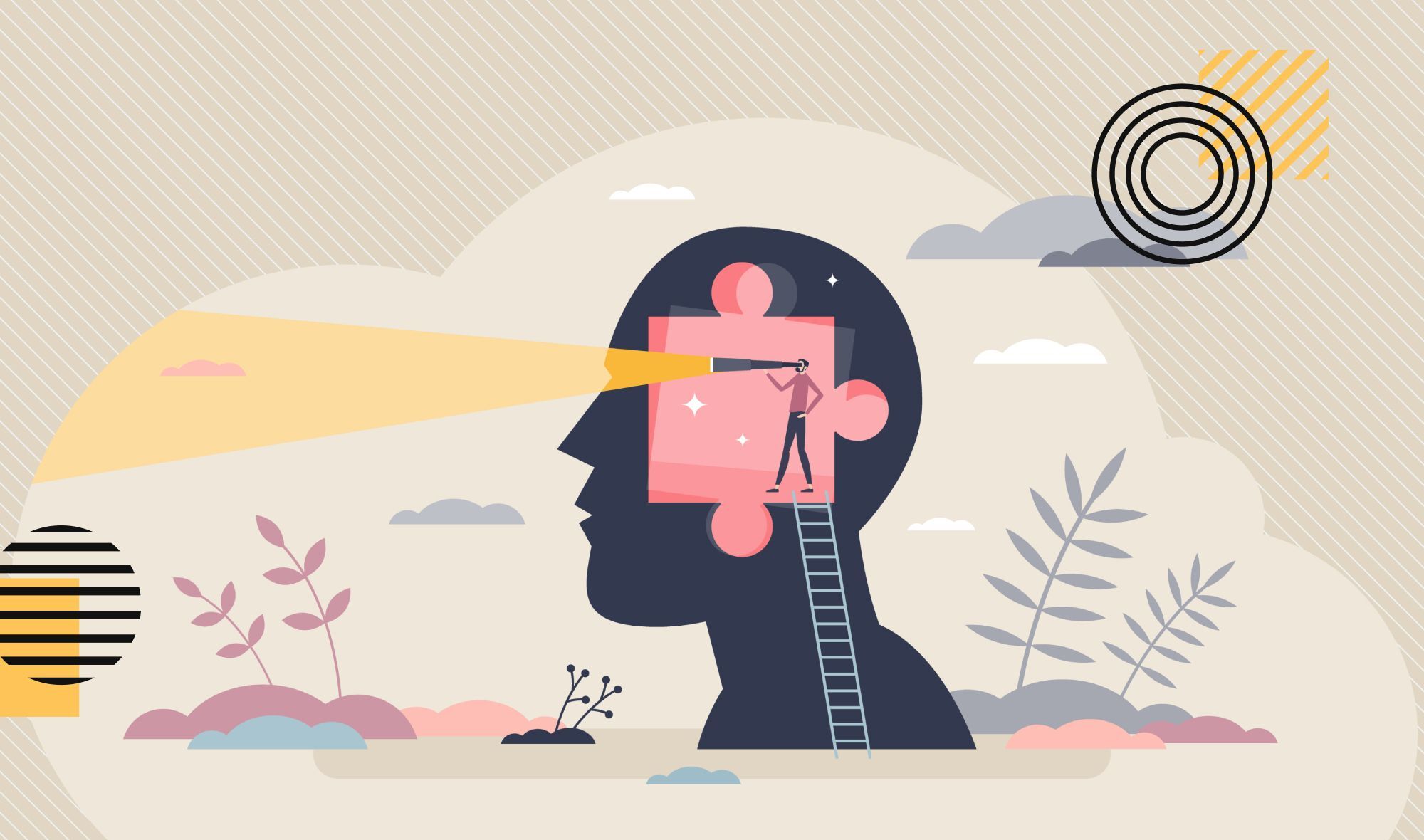
Awareness is more than just a buzzword; it's the foundation of understanding and action. But what exactly does it mean to be aware? Awareness involves recognizing and understanding the world around us, from social issues to personal health. It's about being conscious of our surroundings, our thoughts, and the impact of our actions. Whether it's environmental awareness, self-awareness, or social awareness, each type plays a crucial role in shaping our lives and communities. This blog post dives into 22 intriguing facts about awareness that will enlighten, educate, and maybe even surprise you. Ready to expand your mind? Let's get started!
What is Awareness?
Awareness is the ability to perceive, feel, or be conscious of events, objects, or sensory patterns. It plays a crucial role in how we interact with the world around us. Here are some fascinating facts about awareness that might surprise you.
-
Awareness is not just a human trait. Many animals, including dolphins and elephants, show signs of self-awareness.
-
Mindfulness practices can enhance awareness. Techniques like meditation help improve focus and emotional regulation.
-
Awareness impacts decision-making. Being aware of biases can lead to better choices.
-
Sleep affects awareness. Lack of sleep reduces cognitive function and situational awareness.
-
Awareness can be trained. Cognitive training exercises can improve awareness and attention.
Types of Awareness
Awareness comes in various forms, each playing a unique role in our lives. Let's explore some of these types.
-
Self-awareness: Understanding one's own emotions, strengths, and weaknesses.
-
Social awareness: Recognizing and understanding others' emotions and social cues.
-
Situational awareness: Being aware of your surroundings and potential hazards.
-
Emotional awareness: Identifying and understanding your own emotions and those of others.
-
Cultural awareness: Understanding and respecting cultural differences.
The Science Behind Awareness
The brain is a complex organ responsible for our awareness. Here are some scientific insights into how awareness works.
-
The prefrontal cortex is key. This brain region is crucial for self-awareness and decision-making.
-
Neuroplasticity enhances awareness. The brain's ability to reorganize itself helps improve awareness through learning and experience.
-
Mirror neurons play a role. These neurons help us understand others' actions and emotions, contributing to social awareness.
-
Consciousness and awareness are linked. Consciousness is the state of being aware of and able to think about one's own existence.
-
Brain injuries can affect awareness. Damage to specific brain areas can impair awareness and cognitive functions.
Awareness in Daily Life
Awareness influences many aspects of our daily lives, from personal relationships to professional success.
-
Awareness improves communication. Understanding others' emotions and perspectives leads to better interactions.
-
It enhances productivity. Being aware of time management and task prioritization boosts efficiency.
-
Awareness reduces stress. Mindfulness practices help manage stress and improve mental health.
-
It fosters empathy. Recognizing others' emotions and experiences promotes compassion and understanding.
-
Awareness aids in conflict resolution. Understanding different viewpoints helps resolve disputes more effectively.
The Role of Awareness in Health
Awareness is vital for maintaining physical and mental health. Here are some ways it contributes to well-being.
-
Early detection of health issues. Being aware of bodily changes can lead to early diagnosis and treatment.
-
Mental health awareness. Recognizing mental health symptoms helps seek timely support and intervention.
Final Thoughts on Awareness
Awareness isn't just a buzzword; it's a powerful tool that shapes our lives. From understanding mental health to recognizing social issues, being aware helps us make informed decisions. It drives empathy, fosters connections, and encourages positive change. Whether it's self-awareness or awareness of the world around us, this knowledge empowers us to act thoughtfully.
By staying informed, we can better navigate challenges and support others. Awareness also plays a crucial role in personal growth, helping us identify strengths and areas for improvement. It's a continuous journey that enriches our experiences and broadens our perspectives.
So, keep learning, stay curious, and never underestimate the impact of awareness. It’s a small step that can lead to significant change. Remember, awareness is the first step toward making a difference in your life and the lives of others.
Was this page helpful?
Our commitment to delivering trustworthy and engaging content is at the heart of what we do. Each fact on our site is contributed by real users like you, bringing a wealth of diverse insights and information. To ensure the highest standards of accuracy and reliability, our dedicated editors meticulously review each submission. This process guarantees that the facts we share are not only fascinating but also credible. Trust in our commitment to quality and authenticity as you explore and learn with us.


